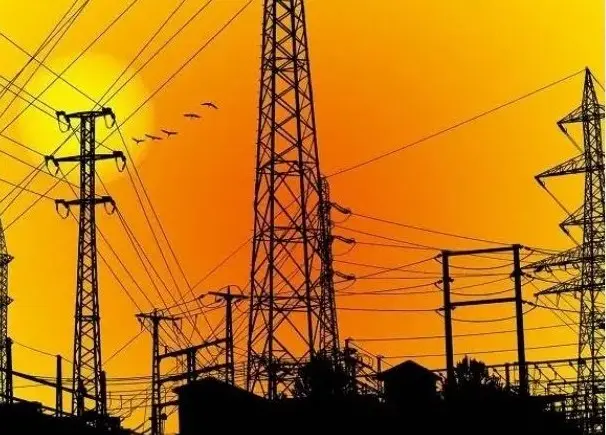In retaliation to the sanctions decided by the Economic Community of West African States [ECOWAS], Nigeria has closed off energy supplies to Niger following the recent coup.
President Bola Tinubu, led the Economic Community of West African States (ECOWAS) in imposing sanctions against the putschists who toppled President-elect, Mohamed Bazoum, who is believed to be still in detention at the presidential residence with the coup leaders.
A source close to the management of the Nigerian Electricity Company (Nigelec) said “Nigeria has disconnected since Tuesday the high voltage line that carries electricity to Niger.”
Several reports indicate that Nigeria’s move to cut off electricity from the neighboring Niger is intended to hurt the country. However, Niger relies heavily on foreign aid, and sanctions could further weaken it.
According to a report by Nigelec, the country’s sole supplier in 2022, 70% of Niger’s share of electricity came from purchases from the Nigerian company Mainstream. Electricity is produced by the Kainji Dam (Western Nigeria).
The Economic Community of West African States (ECOWAS), presided over by Nigerian President Bola Tinubu, decided on sanctions against the coup plotters who overthrew President-elect Mohamed Bazoum a week ago on Sunday.
In addition to a one-week ultimatum to restore constitutional order and the suspension of financial transactions with Niger, the decree decided to freeze all service transactions, including energy transactions.
Many neighborhoods in the city of Niamey are normally subject to power cuts, and Nigeria’s decision is bound to worsen this situation.
Niger, one of the poorest countries in the world, is dependent on its foreign partners in many areas.
“The sanctions will hurt our country very badly,” Nigerian Prime Minister Ouhoumoudou Mahamadou said on France 24 on Sunday, as sanctions are increasing internationally.
To free itself from its strong energy dependence on neighboring Nigeria, Niger is working to complete its first dam by 2025, on the river of the same name. Some 180 km upstream from Niamey, the Kandadji dam should generate 629 gigawatt hours (GWh) annually.















